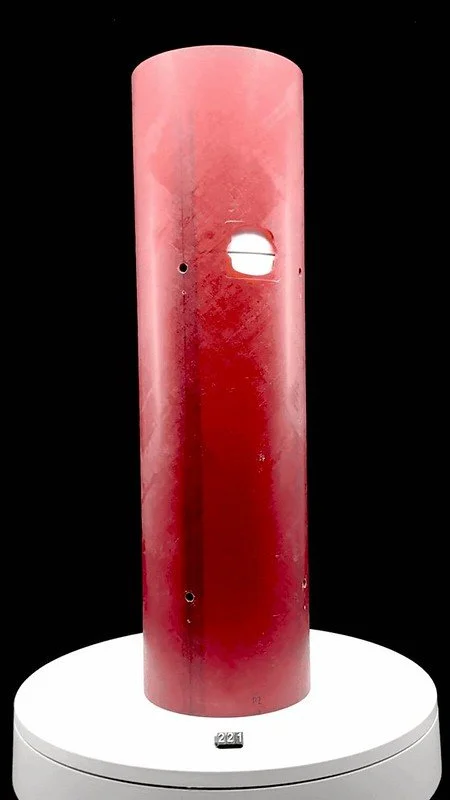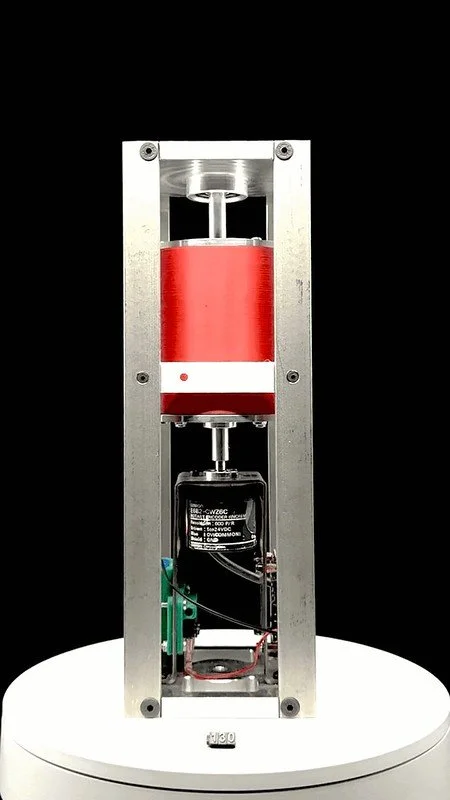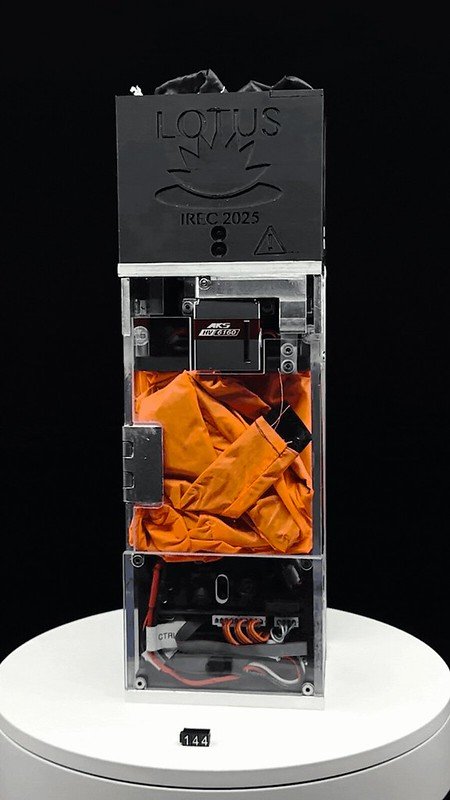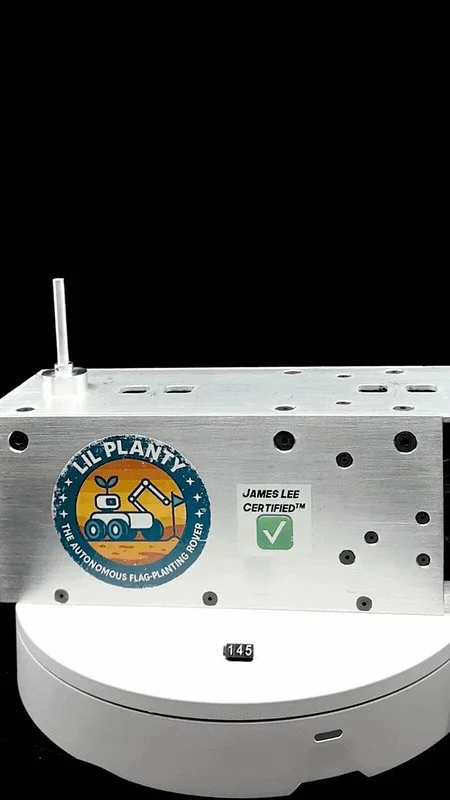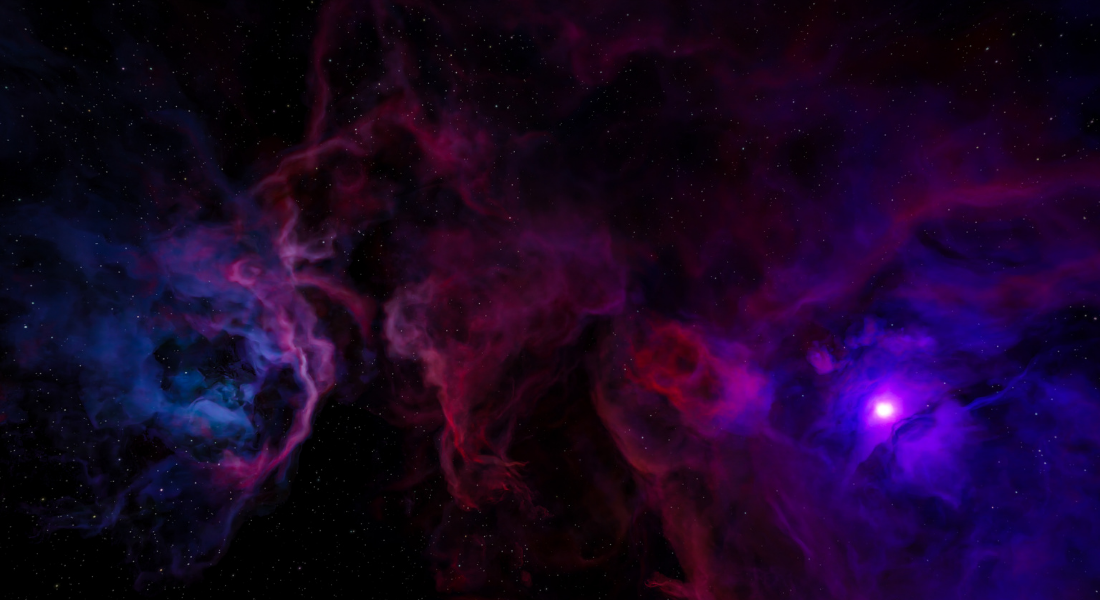
SDL Payload Challenge
Rules & Information
SDL is excited to be involved with IREC and to sponsor the SDL Payload Challenge. After all, there’s no reason to launch a rocket unless there’s a payload! SDL is offering $2,250 in cash prizes to teams that produce meaningful payloads.
The Utah State University Space Dynamics Laboratory (SDL) has been solving the technical challenges faced by the military, science community, and industry for over 65 years. With over 1400 employees, including 180+ university students, SDL provides multi-domain mission solutions (Space, Air, Land, Sea, and Cyber) with expertise in satellites, sensors and instruments, ground systems and data processing, and advanced autonomous systems.
SDL’s mission includes inspiring and engaging tomorrow’s workforce through a variety of real-life hands-on experiences. ESRA’s International Rocket Engineering Competition (IREC) with the SDL Payload Challenge does exactly that – gives you a hand’s on, high level experience!
To Enter the SDL Payload Challenge: Submit an SDL Payload Challenge Entry Form no later than May 31, 2026. SDL Payload Challenge Forms are available for download from the IREC Documents & Forms page on the ESRA website; email to: payloadchallenge@sdl.usu.edu
To learn more about SDL, go to https://www.sdl.usu.edu/
Awards:
1st Place Payload Award: $1,000
2nd Place Payload Award: $750
3rd Place Payload Award: $500
SDL Technology Relevance Award
Honorable mentions as warranted (judges discretion)
2025 IREC
First Place
Team 221
University of Houston
2025 IREC
Second Place
Team 207
Manipal Institute of Technology
2025 IREC
Third Place
Team 130
Istanbul University Cerrahpasa
2025 IREC
Honorable Mention
for Best Deployable
Team 144
Rochester Institute of Technology
2025 IREC
Honorable Mention
for Outstanding Craftmanship
Team 145
Rowan University
View all the 2025 IREC SDL Payload Challenge Submissions on Flicker.
Judging Criteria (1000 points possible):
Scientific or Technical Objective(s) (400 points)
How relevant and well-designed is your scientific or technical objective?
Payload Construction and Overall Professionalism (250 points)
Includes make/buy decisions, craftsmanship, material usage, poster, handouts, reports,
etc.
Readiness / Turnkey Operation (50 points)
Will the payload interfere with launch operations? Will the payload operate after hours of launch preparation, rail time, heat, waiting for other launches, etc?
Execution of Objective(s) (300 points)
Judges should be informed of results by Saturday at noon or a zero in this category will be assessed.
How well did it accomplish the objective(s)?
Note: That rocket failure results in 150 points (half credit – don’t know if payload would have worked or not)
SDL Technology Relevance Award
This is a separate award and has no impact on the overall SDL payload challenge. • This provides an opportunity for students to focus on and integrate technologies relevant to SDL's mission into their payload.
2025 technology areas: Robotics, Artificial Intelligence, and Infrared

